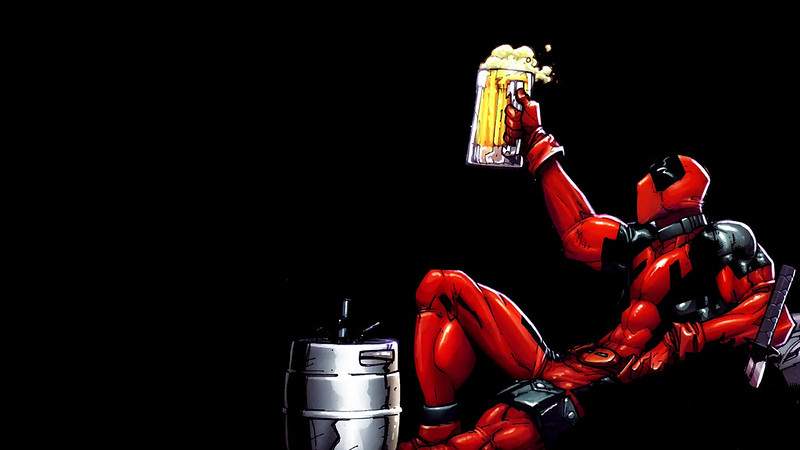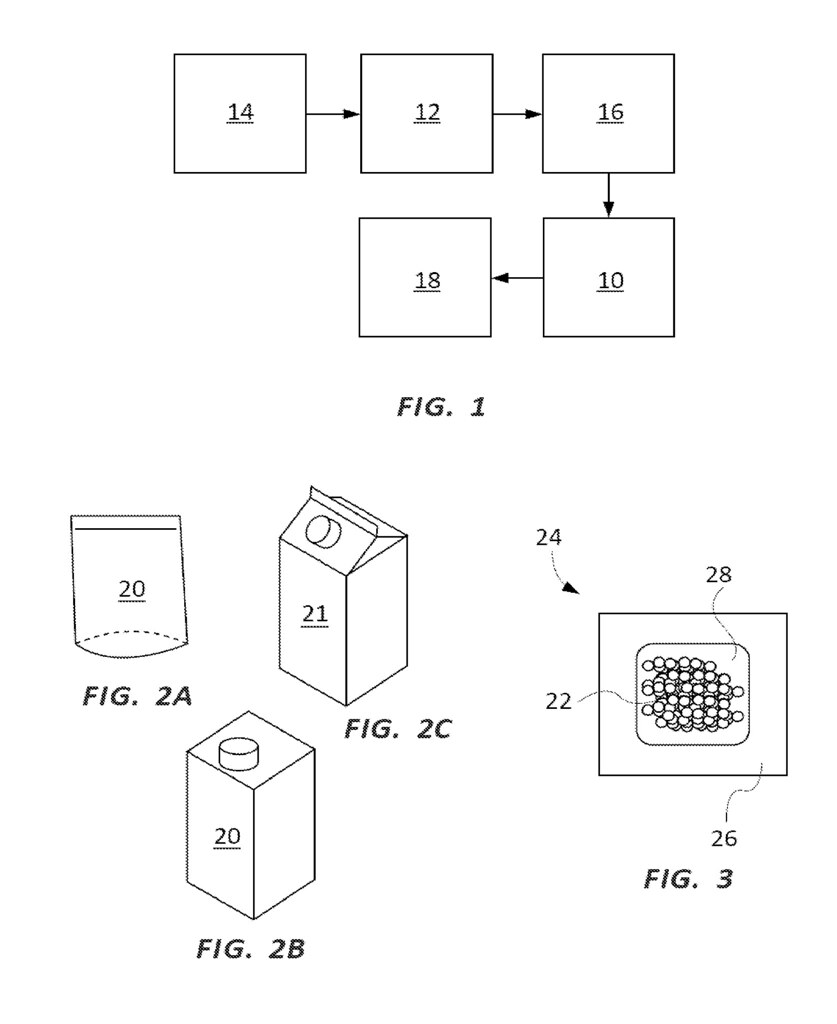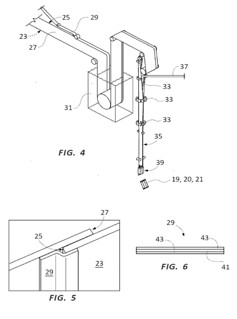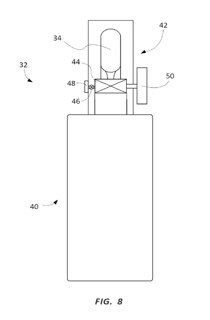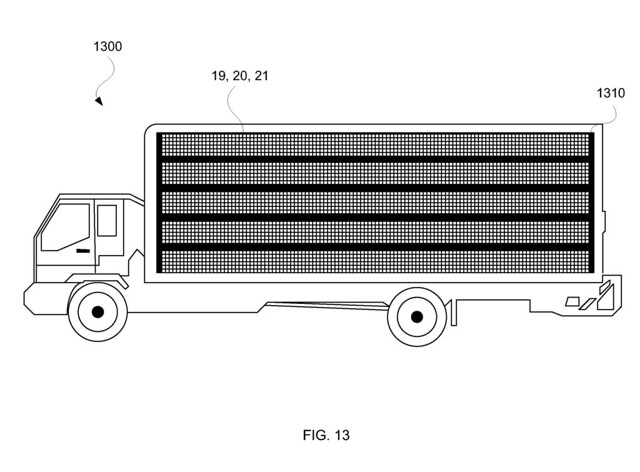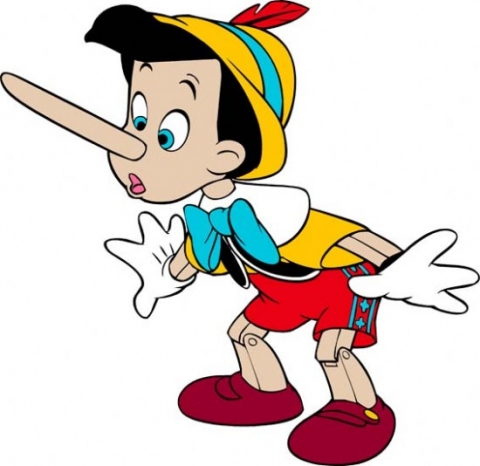
I don’t really like malternatives, alcopops, malt-based beverages, or whatever you want to call them. I find them too sweet, the latest overly sweet concoction to take the wine cooler segment of the market. But the one thing I hate more than alcopops in prohibitionists telling me only kids like comic book characters and that if anything appeals to kids in any way, shape or form, then it must be stopped, even if adults happen to like that thing, too. Honestly, it’s a fucked up way to view the world.
It would be pretty hard to miss the news that the latest Marvel Comics film adaptation opens today, and it’s the antihero Deadpool. I just learned, from the sheriff of not-having-fun, Alcohol Justice, that Marvel’s done a collaboration with Mike’s Hard Lemonade and created several flavors with Deadpool on the cans and packaging. Deadpool, the character, has been around since 1991, and while he started out as a villain, he’s become more of a wise-cracking antihero, and as such appeals to young adults and, undoubtedly, precocious teens.
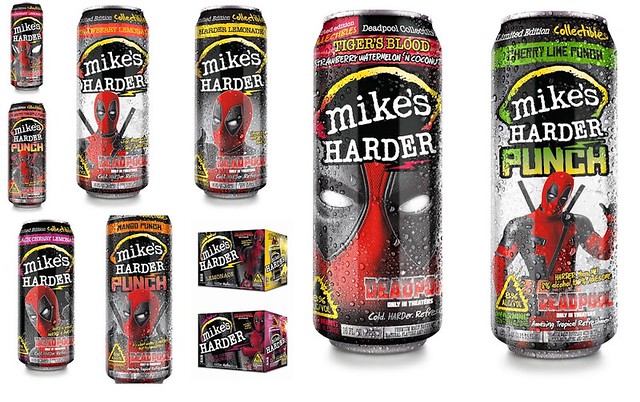
As a result, the cross-promotion has Alcohol Justice (AJ) screaming bloody murder, accusing everyone involved of actively “threatening” kids. Why? Because “comic books,” of course. If there are comic books, then anything to do with them is about the kids. As the sheriff of AJ claims, “Kids are inherently targeted, PR damage to the brands is substantial, and shareholders should scream for heads to roll.”
For that reason, he’s placing both companies in the “Alcohol Justice Doghouse.” Oh, the humanity! How will they survive their banishment? Here’s a taste of just how out of touch AJ is about this.
A superhero’s mission is to champion good over evil and stand-up for those who can’t defend themselves. Superheroes appeal to many young boys and girls who dream of being one. It’s often reflected in how kids act and dress. But those dreams come crashing down fast when Big Alcohol capitalizes on the popular cartoon imagery of the latest superhero to sell booze.
Obviously, AJ has never before encountered Deadpool. He’s about as much a role model superhero as I am, which is to say not at all. Those values AJ espouses have nothing to do with this film, the character or, frankly, reality. Superman he’s not. He’s not even Spiderman. But what it really comes down to is their unshakeable belief that comic books are only for children. To which I can only say, grow up. Maybe that was true in the beginning or possibly after the Comic Code was instituted insuring family-friendly fare. But it hasn’t been the case since independent comic stores starting popping up in the late 1970s and 80s, creating a market for non-code comics, allowing for a much richer range of stories aimed at all ages. And that’s meant that for several decades there has been sequential art aimed squarely at older kids and even adults. They used to be called “underground comics,” but these are in the mainstream now, and have been for a long time.
I read comics as a kid, of course, but then stopped when I reached my teen years, because in the 1970s there wasn’t much that appealed to me. Most of the comic books were pretty sanitized, with only a few notable exceptions daring to include real current issues and societal problems in their books. But all that changed again in the 1980s when a flurry of creativity created an amazingly mature and complex body of work that was aimed squarely at an older, more mature audience. Frank Miller’s The Dark Knight Returns, Alan Moore’s The Watchmen and V for Vendetta, or Neil Gaiman’s The Sandman, are good examples, to name just a few.
The point that seems lost on AJ is that there are comics that are for children, but there also comics for adults, and everyone in between. Just because something is drawn or animated, doesn’t automatically make it “inherently targeted” at kids. Try Art Spiegelman’s Maus, John Lewis’ March or Joe Sacco’s Palestine and see if you still think comics are only for children.
But here’s where they go off the rails again, where they just make shit up, and create their own reality.
“Though the alcohol industry claims ‘Millennials’ are their target alcopop audience, their promotions and campaigns effectively target youth who are years younger than the minimum legal drinking age,” said [Bruce Lee] Livingston. “As a result of the low prices, wide availability, and marketing tactics like this one by 21st Century Fox & Mike’s Harder Lemonade, alcopops are very popular among underage youth and responsible for a disproportionate share of underage alcohol-related harm.”
So the industry just “claims” they’re marketing to legal adults. Of course, if that weren’t the case they’d be breaking the law, not to mention they’d have an incredibly stupid business model. Don’t you think that if Alcohol Justice could prove actual targeting of underage people, that they’d have tried to put them out of business years ago? This is just propaganda and hyperbole, and not exactly the high moral kind that they so often pretend to be following, usually from atop their very tall horses.
But even if, for the sake of argument, Mike’s was breaking the law, hoping underage teenagers were loitering around their neighborhood convenience store, trying to entice the homeless man living in the alley to buy them some booze, that would not change the fact that kids under 18, and adults under 21, are not allowed to buy alcohol. This is in reality two problems. The first is that AJ believes alcohol companies are actively trying to illegally sell to minors. Given how illegal that is, if they could prove it, they would have by now. The second problem is that even though it’s illegal for minors to buy alcohol, they sometimes still manage to get their hands on it, and they blame the alcohol companies for creating the desire for them. But so what? Seriously, so what?
Before I was sixteen, I definitely wanted to drive a car. I even drove my stepfather’s Corvette around the block when I was 14 or 15. But I still knew I had to wait until I was sixteen before I could get a driver’s license and legally drive. But boy those car ads sure made driving look sexy, and made me want the hot new cars even before I could drive. Maybe we should ban all automobile advertising because it might appeal to kids who don’t have a driver’s license. But, no, we let car companies keep targeting our youth, causing teens to steal cars, go for joyrides and break the law. Obviously, the car advertising is causing the harm, because it appeals to children. Oh, sure, the car manufacturers “claim” that licensed drivers “are their target audience,” but we know better. Just watch how much fun it looks to drive their cars.
So I’m taking my son Porter to see Deadpool tonight, over his Mom’s objection. Not because of the alcopops, of course, but her concerns are because it looks really violent. But Porter loves what he’s seen of the dark humor that’s been shown in the various trailers, and I think he’s old enough. Of course, the film is Rated R, which given that he’s fourteen “requires [an] accompanying parent.” And that’s another reason it’s easy to see that the Deadpool Mike’s are marketing to young adults, 21 and over, since the rating further limits it being seen by minors looking to get buzzed on alcopops. But I’m old and still read comic books. AJ would do well to remember that there are a lot of us, and we drink, too.
